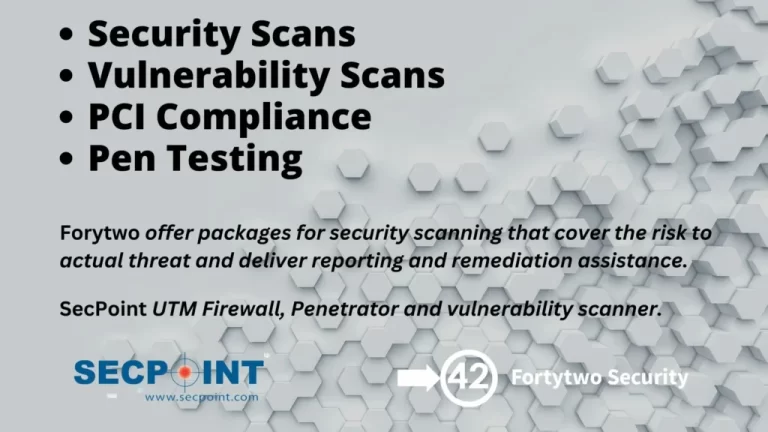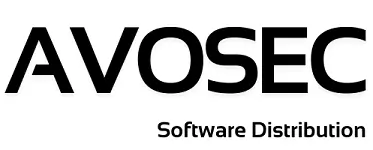Security Scans and UTM Solutions
Sec Point
Security Scans And Utm Solutions
Vulnerability scans, PCI compliance, and UTM firewalls are essential components of a robust cybersecurity strategy.
Each serves a specific purpose and when combined, they help protect an organization’s digital assets and sensitive information from various threats. Here’s a brief overview of their importance:
1. Vulnerability Scans: Vulnerability scans are automated assessments of computer systems, networks, and applications to identify security weaknesses. These scans are critical because they help organizations discover vulnerabilities before attackers exploit them. Regular vulnerability scanning can:
- Identify software or hardware misconfigurations and patch management gaps.
- Ensure timely detection and remediation of security flaws.
- Provide a clear roadmap for security improvements.
- Help maintain compliance with industry regulations and standards.
- Minimize the risk of data breaches, system downtime, and financial losses.
2. PCI Compliance: The Payment Card Industry Data Security Standard (PCI DSS) is a set of security standards designed to ensure that all companies that process, store, or transmit credit card information maintain a secure environment. Compliance with these standards is crucial for organizations because:
- It helps protect sensitive customer data and reduces the risk of data breaches.
- Major credit card companies require compliance and can result in fines or penalties for non-compliant businesses.
- A good reputation and customer trust can be maintained by demonstrating adherence to these security standards.
- PCI DSS can serve as a framework for improving overall cybersecurity practices.
3.UTM Firewalls: Unified Threat Management (UTM) firewalls are all-in-one network security appliances that provide multiple security features such as intrusion prevention, antivirus, anti-spam, web filtering, and VPN support. UTM firewalls are important for organizations due to:
- Their ability to streamline network security management by consolidating multiple security functions into one appliance.
- Improved visibility and control over network traffic, making it easier to detect and respond to threats.
- The continuous updating of threat databases ensures that the latest security threats are addressed.
- Reduction in the complexity of managing separate security solutions, which can lead to cost savings and improved efficiency.
In conclusion, vulnerability scans, PCI compliance, and UTM firewalls are essential aspects of a comprehensive cybersecurity approach. By implementing these measures, organizations can reduce the risk of cyberattacks, protect sensitive data, and maintain customer trust.

